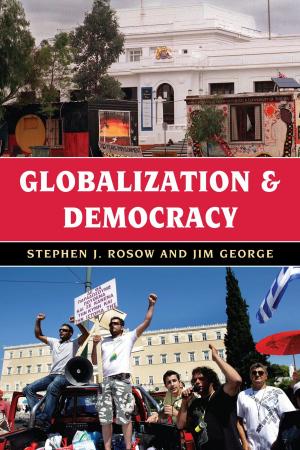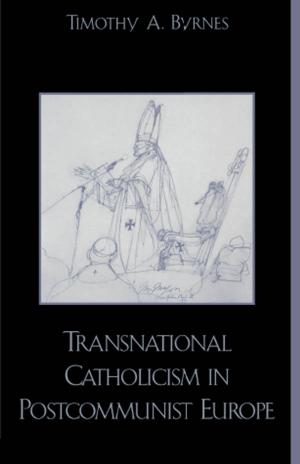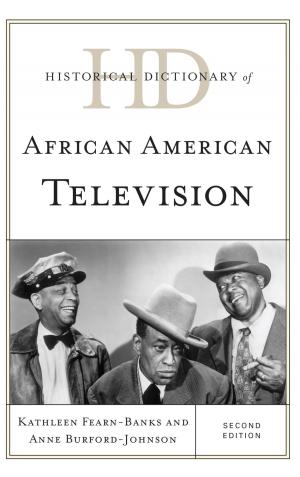National Security and Arms Control in the Age of Biotechnology
The Biological and Toxin Weapons Convention
Nonfiction, Social & Cultural Studies, Political Science, Politics, Arms Control| Author: | Daniel M. Gerstein | ISBN: | 9781442223134 |
| Publisher: | Rowman & Littlefield Publishers | Publication: | May 23, 2013 |
| Imprint: | Rowman & Littlefield Publishers | Language: | English |
| Author: | Daniel M. Gerstein |
| ISBN: | 9781442223134 |
| Publisher: | Rowman & Littlefield Publishers |
| Publication: | May 23, 2013 |
| Imprint: | Rowman & Littlefield Publishers |
| Language: | English |
This book accessibly and expertly details the history and implications of the BWC—the Biological and Toxin Weapons Convention—a controversial arms control agreement drafted in the 1970’s meant to supplement the Geneva protocol for warfare from decades earlier. That treaty banned the use of biological weapons in modern warfare, but failed to ban their development, transport or trafficking, holes the BWC aimed to fill, but are still contested to this day. Daniel M. Gerstein, a former Army Colonel and current Under Secretary in the Department of Homeland Security, traces the origins of the treaty and its many complications, past and present, while prescribing a way for the world’s military leaders to move forward with regards to (what Gerstein sees will be and already is) “the most important arms control treaty of the 21st Century.” The strength and enforcement of the treaty are at a crossroads, and it is important for both professionals and students of the military and international affairs to know exactly what a failure to honor, improve and uphold the BWC would mean for international security.
This book accessibly and expertly details the history and implications of the BWC—the Biological and Toxin Weapons Convention—a controversial arms control agreement drafted in the 1970’s meant to supplement the Geneva protocol for warfare from decades earlier. That treaty banned the use of biological weapons in modern warfare, but failed to ban their development, transport or trafficking, holes the BWC aimed to fill, but are still contested to this day. Daniel M. Gerstein, a former Army Colonel and current Under Secretary in the Department of Homeland Security, traces the origins of the treaty and its many complications, past and present, while prescribing a way for the world’s military leaders to move forward with regards to (what Gerstein sees will be and already is) “the most important arms control treaty of the 21st Century.” The strength and enforcement of the treaty are at a crossroads, and it is important for both professionals and students of the military and international affairs to know exactly what a failure to honor, improve and uphold the BWC would mean for international security.















